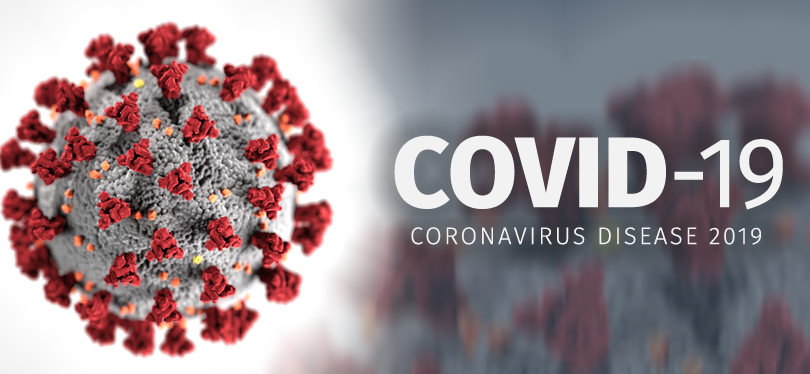What actions should I do to protect myself and others?
The most common way for this disease to spread is from a person touching a surface that has been infected through a sneeze or cough from a carrier, and then the person touches their eyes, nose, or mouth. That’s all it takes.
- Be mindful of what you touch all day. If you press elevator or atm buttons, use a knuckle instead of a fingertip, while on escalator stairs try to avoid touching the handrail.
- Avoid touching the eyes, nose and mouth and if you have touched something in public, do not touch your face at any time until you have a chance to wash your hands or use hand sanitizer.
- When washing, wet your hands with clean water, lather soap on every surface, scrub your hands together for at least 20 seconds, and rinse before drying. Just how long is 20 seconds? Humming the ‘happy birthday’ song from beginning to end twice.
- Clean high touch surfaces in your home every day with a solution of half rubbing alcohol and half water.
- Clean your mobile phone daily. Most people are touching their phones hundreds of times daily, making it ripe for harboring the coronavirus.
- Stay away from people you know are sick and stay away from someone who is coughing or sneezing near you.
- Stay home when you are sick.
- If you cough, cover your mouth and nose with a tissue, then throw it in the trash. If no tissues are available, sneeze into your arm and wash as soon as possible.
- Clean and disinfect frequently touched objects and surfaces using a regular household wipe or cleaning spray.
Should I wear a mask to protect myself?
Health experts recommend against using a mask. Most people have been using surgical masks which do nothing to protect the wearer from airborne viruses. These types of masks are more designed to prevent the wearer from spreading what they have.
There is one type of mask that is more suitable for protection, the N95 mask, which is named so because it can filter out 95% of airborne particles, but even these are not foolproof and must often be fitted properly to offer the desired protection. The CDC does not recommend wearing an N95 mask unless you’ve been trained in how to use it.
Stockpile stuff for your home
Experts suggest stocking a 30-day supply of any needed prescriptions, and you should consider doing the same for your household items like staple foods, laundry detergents, and diapers, if you have small children. Remember alcohol is a good disinfectant for the coronavirus so make sure to keep surfaces in your house clean.
What if you get sick?
The WHO recommends that if you feel sick, you should stay home. If you have a fever, cough, and difficulty breathing, seek medical attention and call in advance to let them know your symptoms and that you are coming. Follow the directions of your local health authority.

